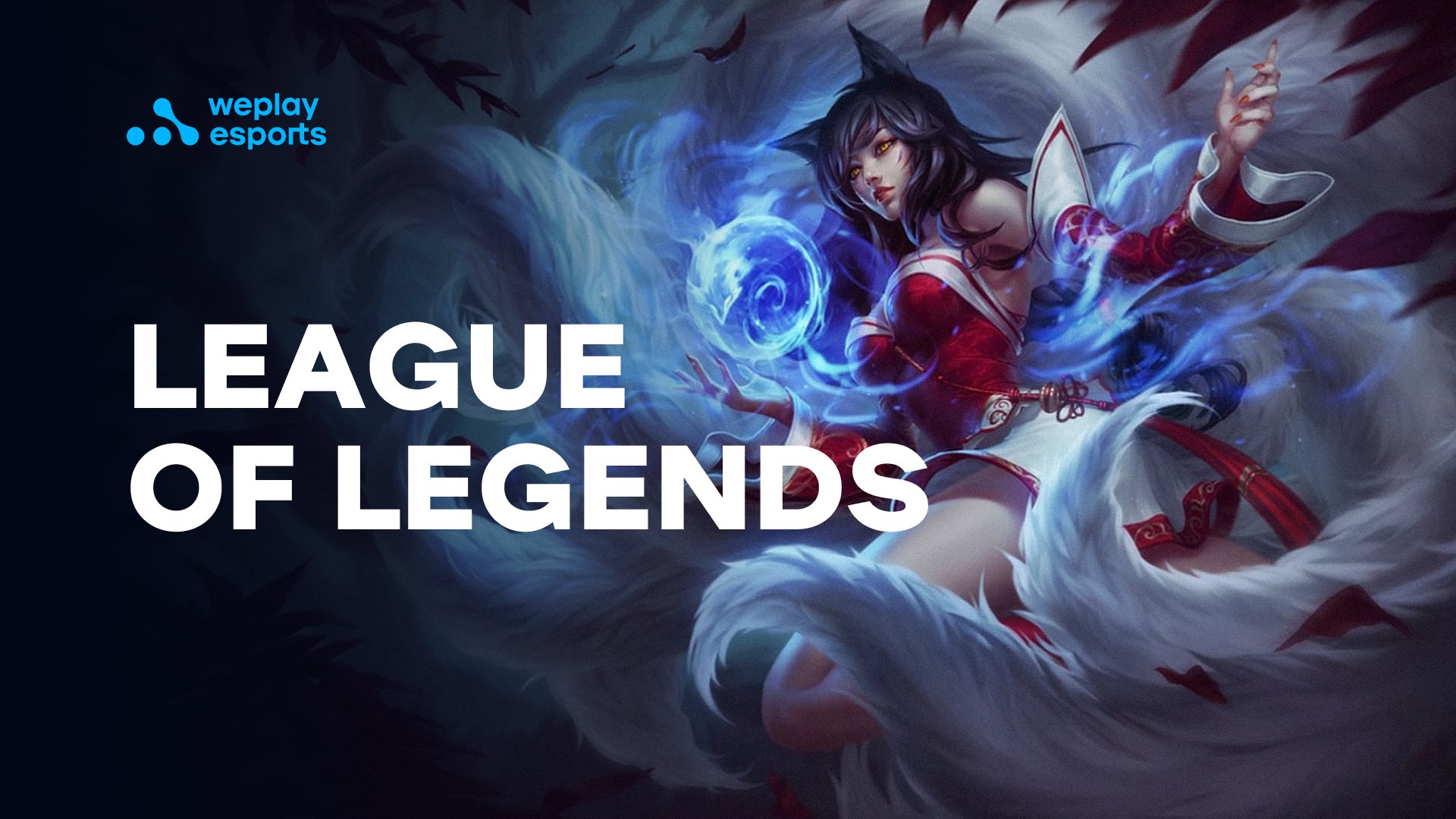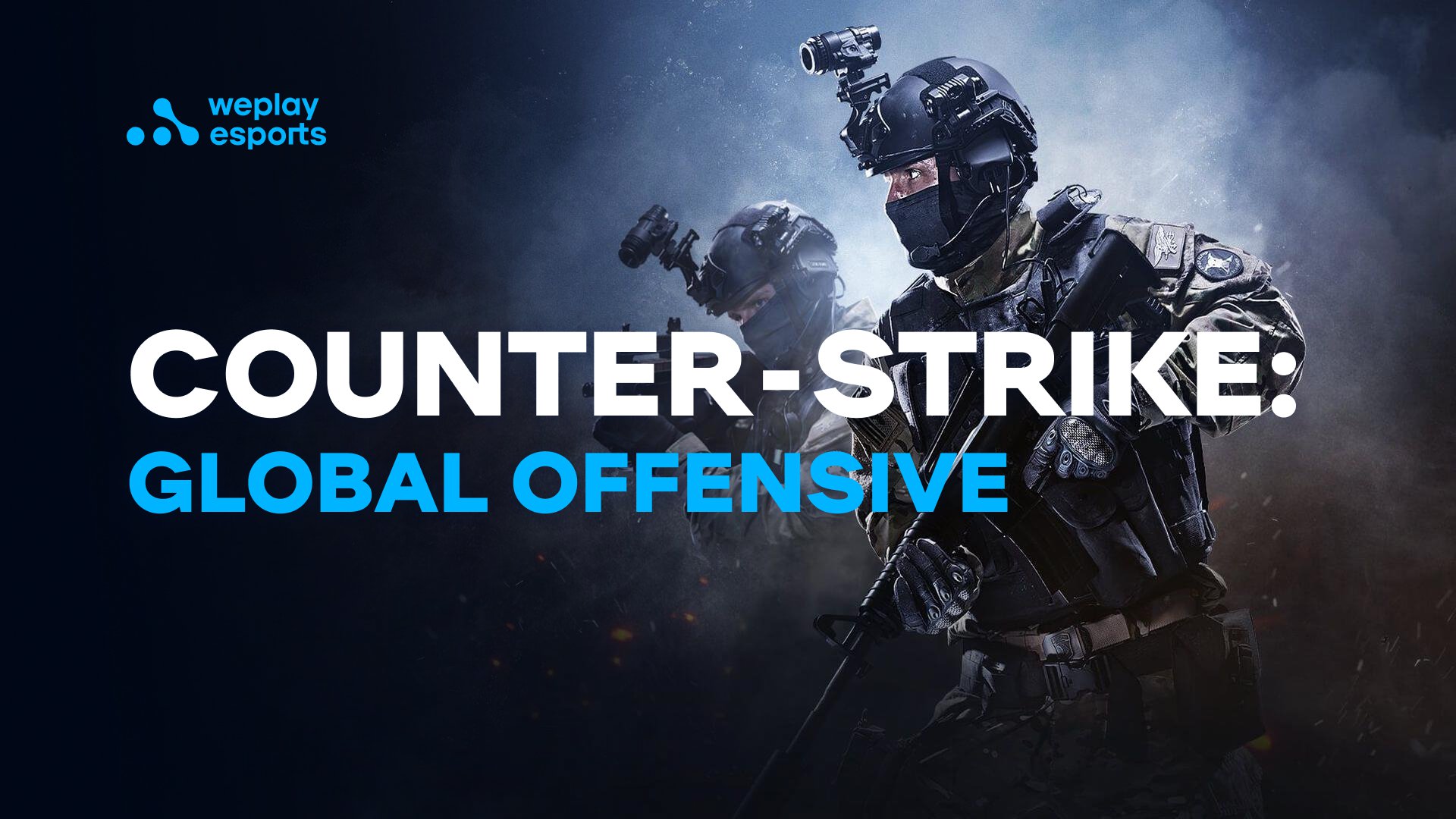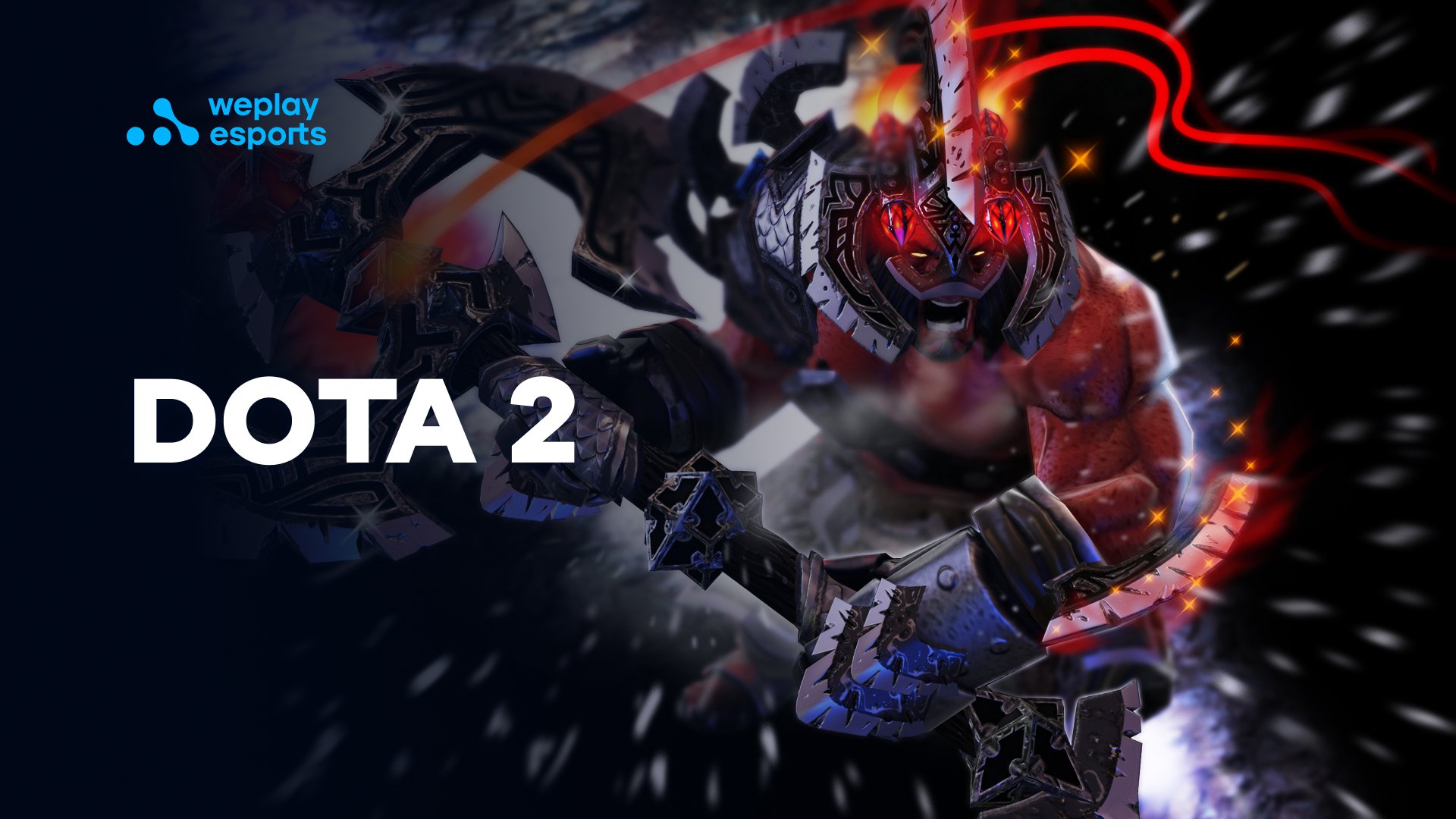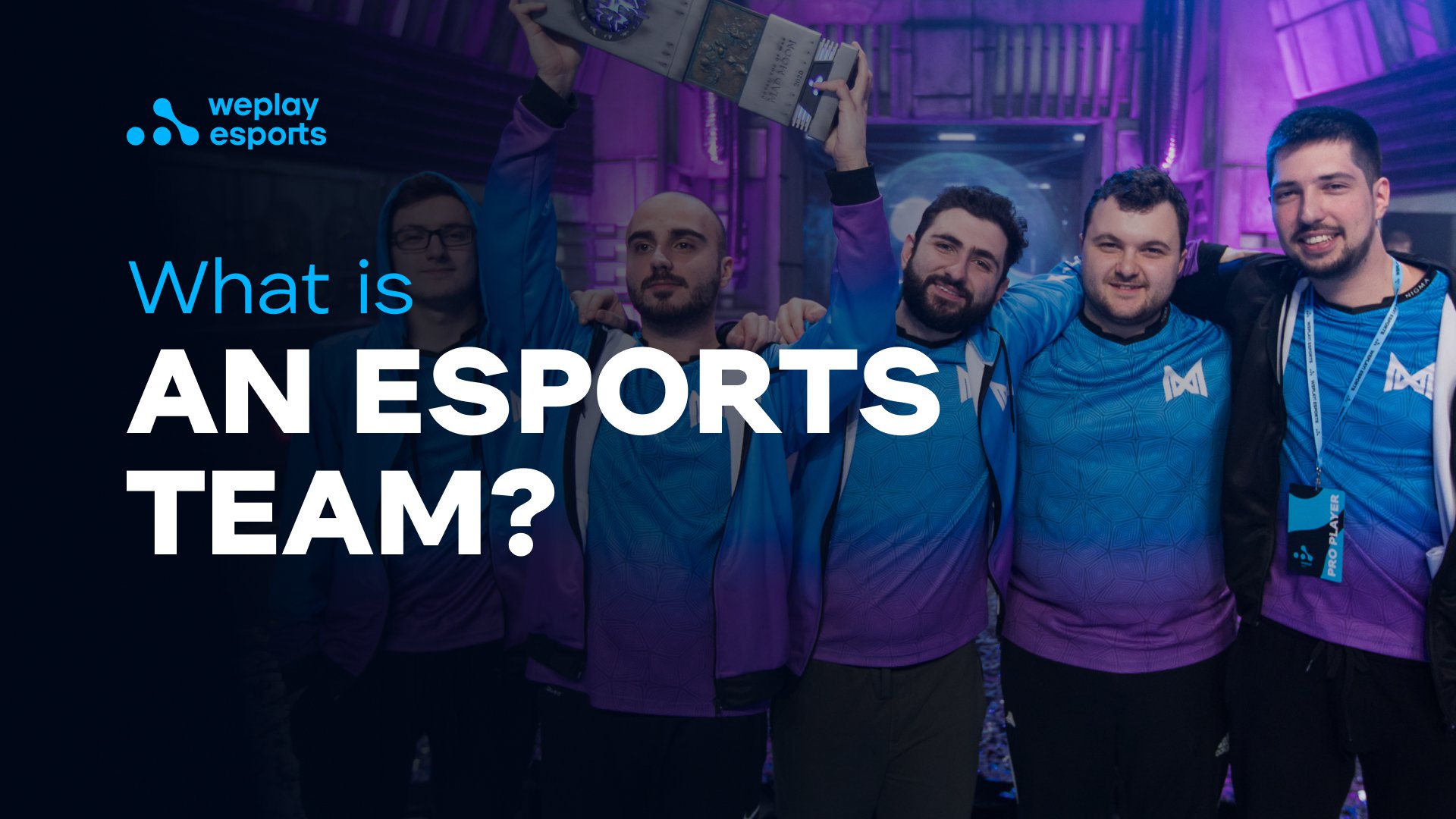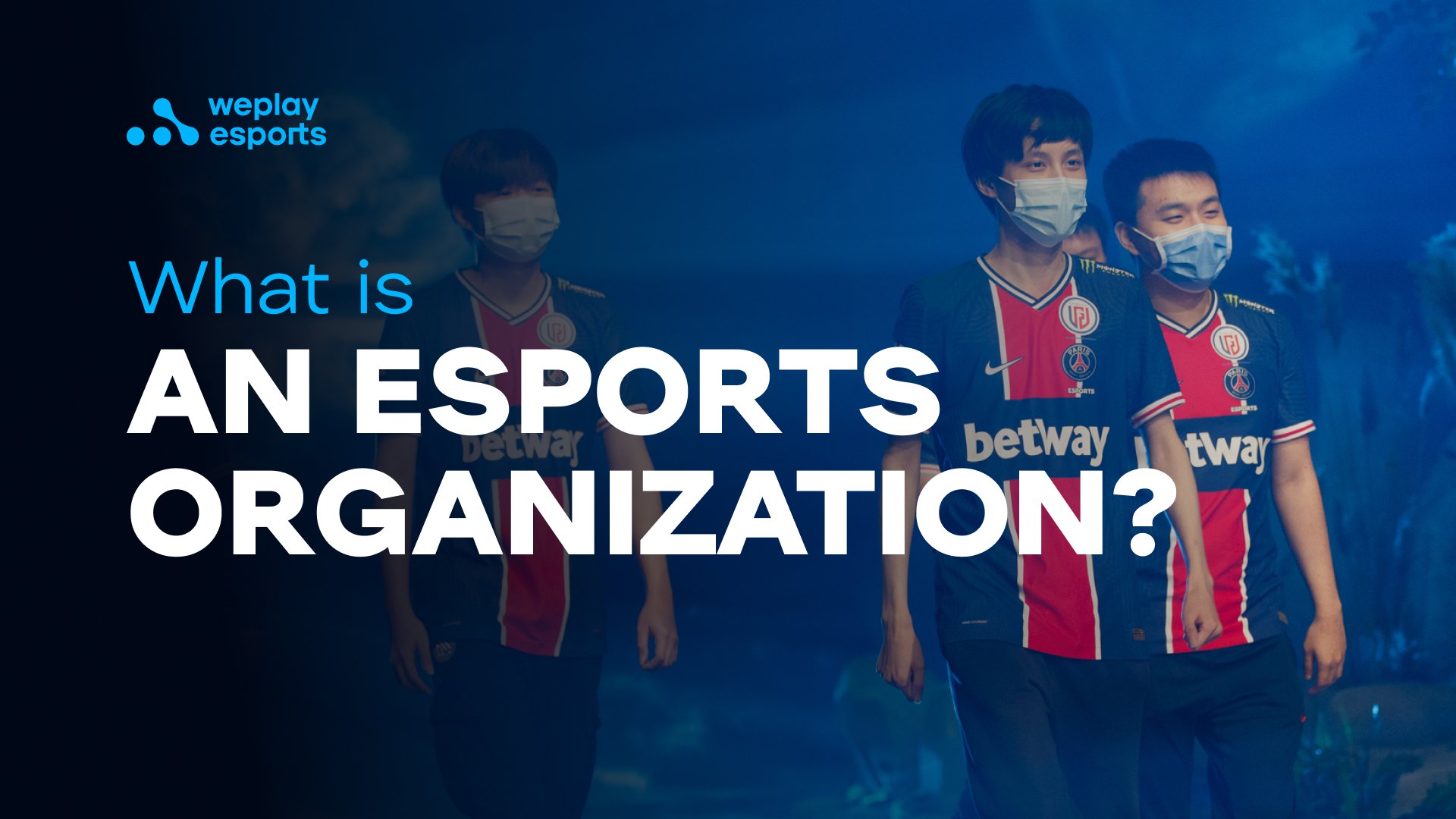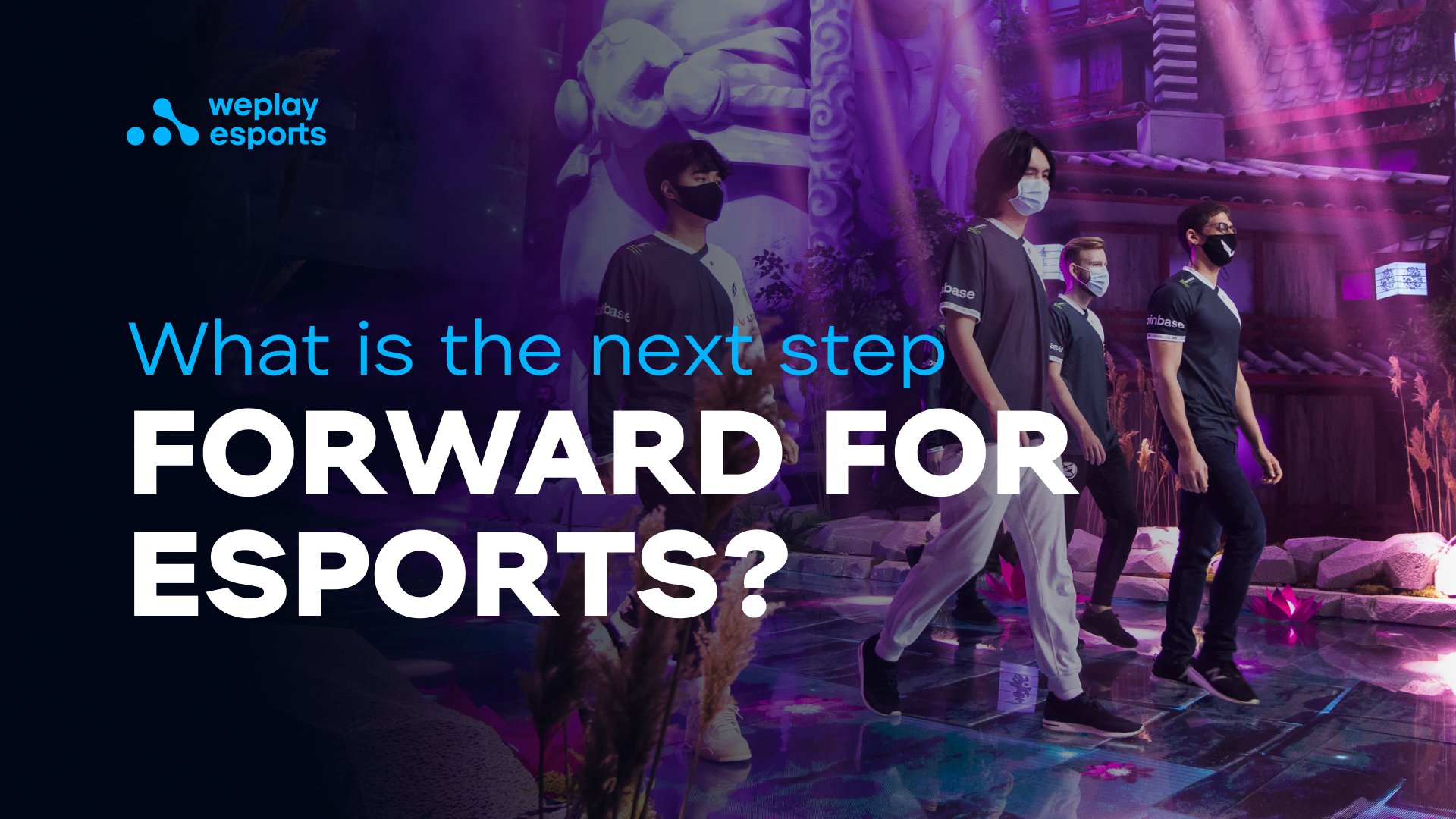Nov. 24, 2020
What Is Esports?
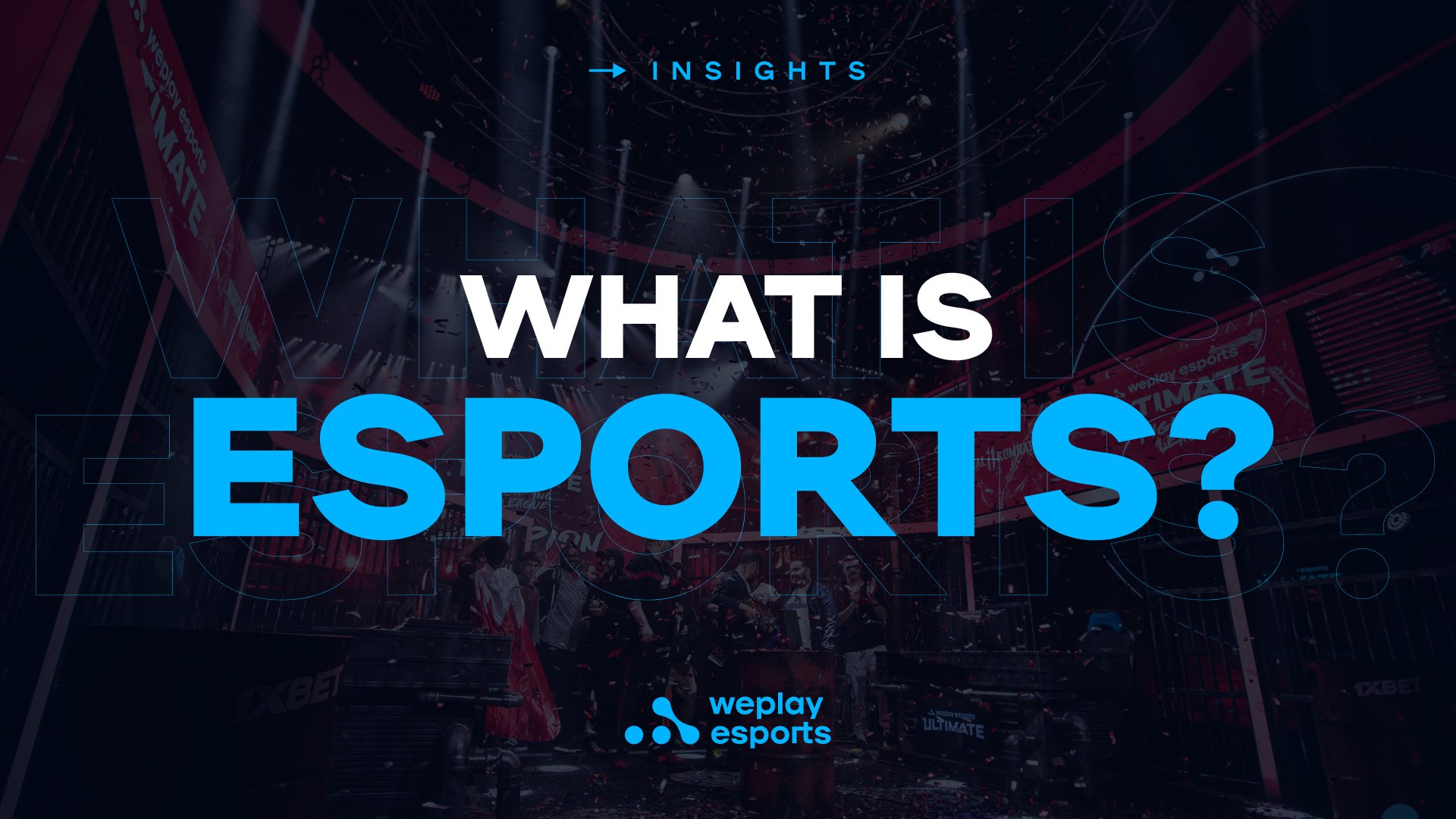
10 min read
And can you activate your brand through the Esports?
It’s safe to say that gaming has become one of the most rapidly-growing pastimes in the 21st century. While an increasing number of people own gaming consoles or specially built gaming computers in the United States, video games owe their meteoric rise to prominence largely thanks to the emergence of smartphones.
In fact, according to Statista.com, an estimated 2.7 billion people play video games in some capacity worldwide. The wide-spread emergence of gaming has also lead to the development of a new industry: esports. But that also begs the question, what is esports?
What is esports gaming?
As you may have guessed by the name, the word esports derives from “electronic sports” and is the colloquial term used for competitive gaming. While any game can be played in a serious manner, not every game is an esport. Games usually become esports titles once players compete against each other in events, whether online or in-person, for a grand prize.
So while gamers will often look to beat their high scores or complete levels faster in a game like Candy Crush Saga, it’s unlikely that we see Candy Crush esports tournaments any time soon, as there’s no competitive tournament circuit or player base currently.
The different esports genres
While Candy Crush isn’t an esport, there are several genres of esports titles: multiplayer online battle arenas (MOBAs), first-person shooters (FPS), real-time strategy games (RTS), fighting games, online card games, and even sports games. With each title being incredibly different from the others, you rarely get players who compete in more than one game.
Players specialize in specific games and even manage to build careers by competing at various tournaments. The best players even go as far as signing contracts with esports organizations, thus becoming professional players and representing their new homes and associated sponsors at future events.
It’s worth noting that even semi-professional players, players who aren’t contracted to organizations, still manage to make a living by competing in their favorite games, usually through prize money or live-streaming. Still, much like with traditional athletes, most pro players earn their keep through their hefty salaries, which allow them to devote as much time as possible to master their crafts.
What is the biggest esports game?
League of Legends
As previously mentioned, there are several kinds of esports titles. Still, it’s generally agreed upon that League of Legends, a MOBA developed by Riot Games, is the most successful esports title to date. There are several regional franchised leagues run by Riot, with hundreds of thousands of fans tuning in every week to watch their favorite teams duke it out on the Rift.
League of Legends is also arguably the most-watched esport, with last year’s 2020 World Championship peaking at over 3.8 million viewers during the grand final between Suning and DAMWON Gaming.
Counter-Strike: Global Offensive
Another title that occasionally gives LoL a run for its money is Counter-Strike: Global Offensive, an FPS game developed by Valve. Unlike Riot Games, which is very involved in developing its esports scene, Valve has a very hands-off approach. Asides from the bi-annual Majors, which are considered to be the biggest CS:GO events of the year, Valve doesn’t get involved with the professional scene, and it’s up to third-party tournament organizers, such as WePlay Esports or even ESL, to organize, produce, and fund esports events.
CS:GO is the latest installment of the legendary Counter-Strike franchise, which has existed for over 20 years. It is currently the most played game on Steam, with an average player base of over 700,000, even peaking at around 1.1 million active players in January 2021.
Dota 2
The last game worth mentioning is Valve’s other successful esports title, Dota 2, which is arguably the second most popular MOBA in the world. While LoL certainly has everyone beat in terms of viewership, Dota 2 holds the world record for the largest prize pool of any esports tournament to date.
The International 2019 had an initial prize pool of $1.6 million, but an additional 25% of Battle Pass sales were added to it, raising it to a mind-blowing $34.33 million. In fact, the OG players that won The International in 2018 and 2019, Johan “N0tail” Sundstein, Jesse “JerAx” Vainikka, Anathan “ana” Pham, Sébastien “Ceb” Debs, and Topias “Topson” Taavitsainen, are the highest-earning professional esports players of all time, with each of them being multi-millionaires.
An esports title for everyone
Ultimately, there is a wide variety of esports titles. Even specific categories, like first-person shooter games, can have subcategories. There’s a significant difference between the gameplay in Call of Duty and a battle royale game like Fortnite, Apex Legends, or Player Unknown’s Battlegrounds, despite all being FPS games. In that same respect, there aren’t necessarily “esports fans,” as most people only follow a handful of scenes.
If League of Legends isn’t your cup of tea, then maybe Street Fighter V is more up your alley. Not a fan? Perhaps Rocket League is more your speed. The point is, in esports, there’s something for everyone!
What is an esports team?
Many of the popular esports titles, such as LoL, CS:GO, and Dota 2, are team-based multiplayer games. While the casual CS:GO player would usually look for a match online via the built-in matchmaking system and get paired up with strangers also looking to game, professional players build esports teams. Playing with a consistent set of people allows you to create and execute strategies without constantly explaining your ideas to new teammates. Playing with friends as a casual player or with colleagues as professional players gives you a significant strategic edge over a group of people who have just met, much like traditional sports. You have a foundation to build on, and you’re able to progress at a much faster rate by playing with your teammates more effectively.
Many amateur players looking to go pro start their careers this way, deciding to create or join a group of players with which they click. These teams then attempt to qualify for important events throughout the year by participating in open qualifiers. When a team does well enough, either by reaching the main stages of a tournament or defeating more established opponents, they may get approached by esports organizations to sign professional contracts. Teams may also approach individual players to replace specific members on their rosters.
What is an esports organization?
It’s worth mentioning that esports organizations aren’t teams; they’re companies. Players will sign professional contracts with organizations like G2 Esports and play under their banner at future esports events in exchange for a salary. Like with traditional sports teams, players will wear their organization’s jerseys at events, which usually feature a wide array of partners and sponsors. Depending on the contract, some players will also stream themselves playing or practicing on streaming platforms like Twitch, where sponsors are once again usually put in the foreground. They may also have affiliate links in their descriptions, linking the gaming hardware they use to play, for example.
Some organizations also specialize in making ads or sponsored content for their partners, further bringing value to their partnership and ensuring a consistent stream of revenue for the organization, players, and staff. Some organizations even include their main sponsors in their names. T1 used to go by the name SK Telecom T1, with its main sponsor being South Korea Telecom. A recent example of this is with the winner of Worlds 2020, DAMWON Gaming, which rebranded to DWG KIA following a partnership with South Korean automobile manufacturer Kia.
Why do people watch esports?
At the end of the day, esports is a spectator sport. Fans love to watch the world’s finest compete in every discipline, and esports is no different. Esports is a global phenomenon and combines the passion of specific video games with the competitive drive and storylines of traditional sports.
There are countless stories to be told in a franchise as storied as Counter-Strike; underdogs lifting trophies, crushing defeats for fan favorites, tense rivalries, competitive series where anyone could be the winner, etc. When it comes to a game like League of Legends, the spectator doesn’t need to understand the intricacies of what happened to know that it was very impressive and entertaining to watch. The same can be said with fighting games, where the deciding factor to crowning a winner is an individual’s skill.
There’s also a certain sense of connection within the community when watching esports tournaments. Fans can talk with each other in Twitch chat, spam emotes when something extraordinary happens, and take to their social media platforms like Twitter or Reddit to discuss matches and actuality within the scene.
What channel is esports on?
While traditional sports are primarily broadcast on television networks, esports are streamed online on platforms such as Twitch or YouTube Live. Some television networks have entered the esports industry in recent times, with the BBC signing a media agreement with BLAST to broadcast Counter-Strike events on the BBC iPlayer.
However, this is still far from the norm. Some tournament organizers have signed exclusivity agreements with specific streaming services, as ESL previously did with Facebook a few years ago. The easiest way to keep track of your favorite tournaments is to follow tournament organizers, like WePlay Esports, on Twitch, Twitter, and other social media platforms.
A beginner in esports?
The esports industry is still in its very early stages, especially when compared to traditional sports. With every esport being so different, there’s no clear-cut path for a beginner. When it comes to Counter-Strike, many semi-pros play on third-party platforms like ESEA and FACEIT in order to rise through the ranks and make names for themselves, later joining teams and attempting to qualify for events, for example. Still, the lack of a clear path, while perhaps confusing for some, is actually a positive, as there are multiple ways for people to find success.
Through well-thought-through hard work, anyone can rise through the ranks in esports as a player, coach, manager, analyst, caster, host, social media manager, graphic designer, and so on. The key to finding success as a beginner in esports is to have intent behind your actions. It’s also an industry where people are incredibly passionate about what they do, so only the most determined manage to reach the peak.
Becoming professional video game players
Suppose you’re looking to become a professional player. In that case, it’s essential to play the game as much as possible, always look to learn new things, seek to learn from past mistakes, be positive when making new connections, and always strive to improve.
An esports athlete’s life seems glorious from the outside; you get paid to play a video game for a living while also earning prize money from tournaments. But it’s a tough job that requires a lot of time, dedication, hard work, passion, and talent. To be the world’s best, players will work 12 hours per day. They practice individually and with their team, play official league matches, fulfill media obligations by streaming, create content, and interact with posts on social media, all in the name of competition. The path to the top is also long and arduous. Nicolai "device" Reedtz and the rest of Astralis worked incredibly hard to become the best CS:GO team, but their efforts paid off as they’re the only team to have won four Majors.
What is the next step forward for esports?
Much like how video gaming has become a popular pastime, esports is on its way to breaking into the mainstream. While it’s been nearly impossible to hold esports competition in person at LAN parties due to the ongoing COVID-19 pandemic, the industry has seen considerable growth during these challenging times.
Unlike traditional sports, esports was able to move to an online format, and while there were indeed downsides to the change, the esports market is in a very fortunate place. From car manufacturers to clothing brands, esports has seen a lot of interest from non-endemic companies over the past few years, and it’s showing no sign of slowing down.
As public figures and big brands continue to get interested in esports, the industry continues to bridge the gap towards becoming mainstream. After all, Lee "Faker" Sang-hyeok, the best League of Legends player in the world, has virtually become an A-list celebrity in South Korea.
Building towards the future of esports
When hosting an esports event, a large portion of the profit comes from ticket sales. Tournament organizers have obviously suffered as a result of the competitions moving to an online setting, but the future is still looking bright.
WePlay Esports has built an esports arena in Kyiv, appropriately named the WePlay Esports Arena Kyiv, and has already hosted the WePlay Dragon Temple tournament, which was our entrance into the fighting games community.
We’re incredibly delighted with the results and can’t wait to host events with you in the crowd in the future. We're very fortunate to be a part of this industry and can’t wait to share our plans with you regarding future esports competitions, where we plan on having a number of the world’s best esports teams!

